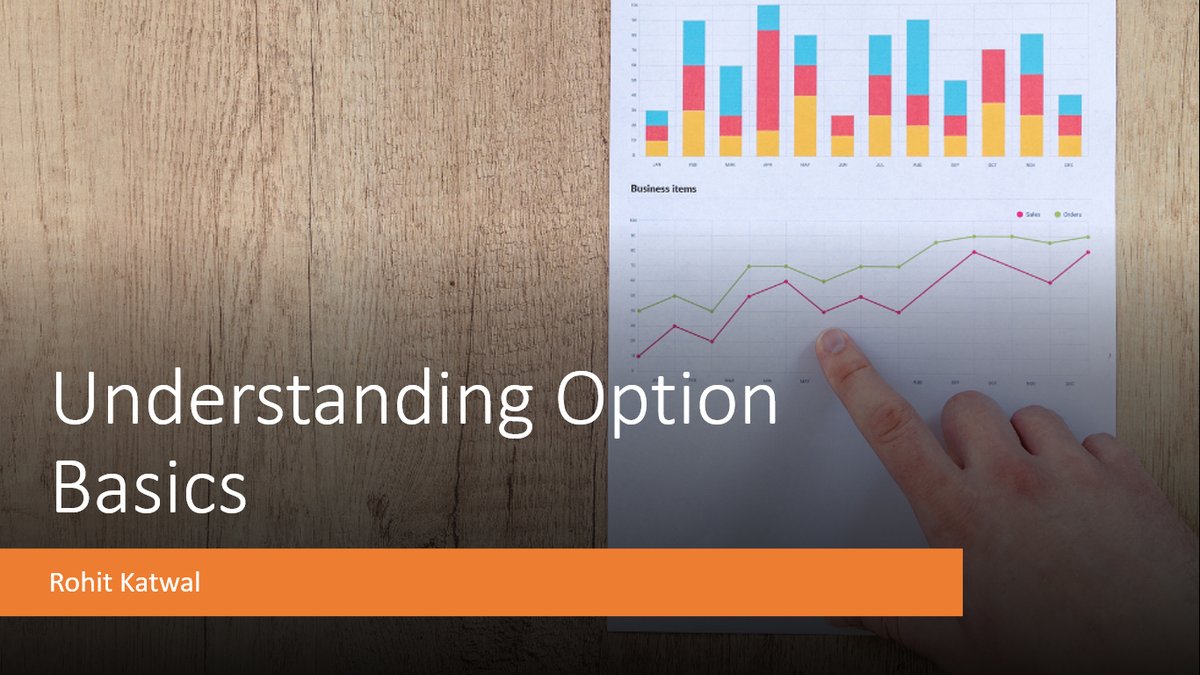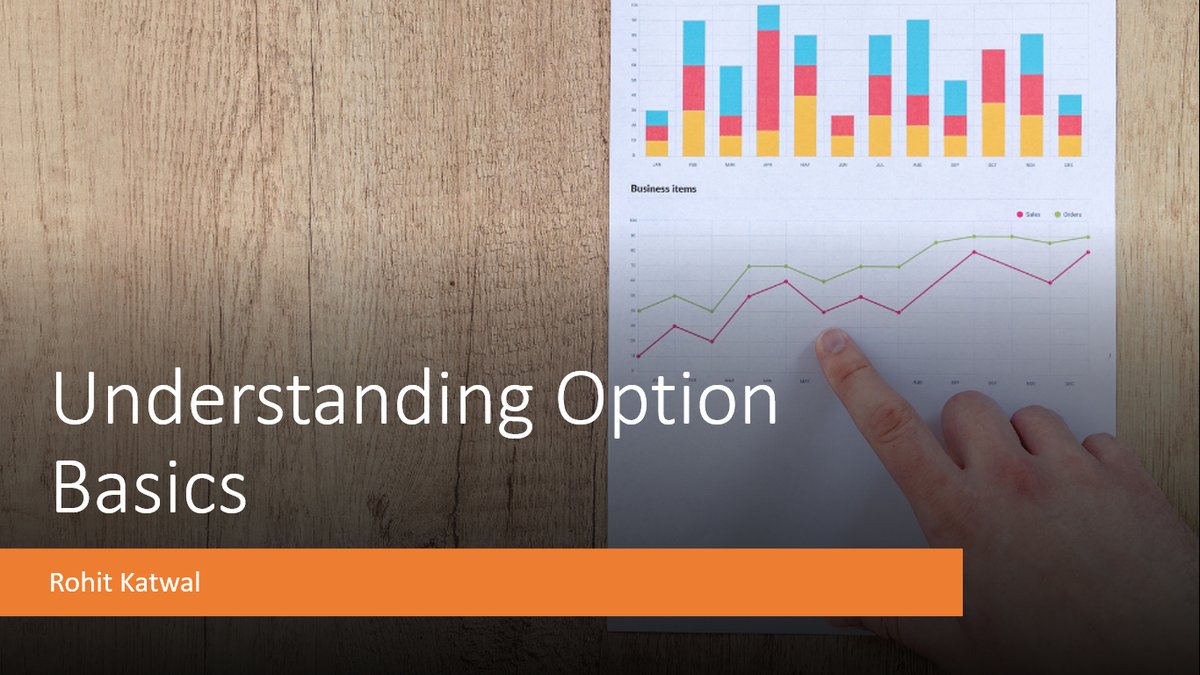
Part 4: Understanding #OptionsBasic for #Nifty #BankNifty
In previous threads, we understood Intrinsic/Extrinsic value of options, how to achieve greek neutrality, risk management and how to define cheap or expensive options. Now
What Is Historical Volatility (HV)?
...1/n
In previous threads, we understood Intrinsic/Extrinsic value of options, how to achieve greek neutrality, risk management and how to define cheap or expensive options. Now
What Is Historical Volatility (HV)?
...1/n

@rohit_katwal Historical Volatility is a statistical measure of the dispersion of returns for a given security or index over a given period of time. This measure is calculated by determining the average deviation from the average price instrument in the given time period.
2/n
2/n
@rohit_katwal Using standard deviation is the most common, but not the only, way to calculate HV. The higher the historical volatility value, the riskier the security. However, that is not necessarily a bad result as risk works both ways - bullish and bearish.
3/n
3/n
@rohit_katwal What it does measure is how far a security's price moves away from its mean value.
For trending markets, historical volatility measures how far traded prices move away from a central average, or moving average, price.
4/n
For trending markets, historical volatility measures how far traded prices move away from a central average, or moving average, price.
4/n
@rohit_katwal This is how a strongly trending but smooth market can have low volatility even though prices change dramatically over time. Its value does not fluctuate dramatically from day to day but changes in value at a steady pace over time.
...5/n
...5/n
@rohit_katwal How Implied Volatility Affects Options?
Implied volatility represents the expected volatility of a stock over the life of the option. As expectations change, option premiums react appropriately. Implied volatility is directly influenced by the supply and demand
6/n
Implied volatility represents the expected volatility of a stock over the life of the option. As expectations change, option premiums react appropriately. Implied volatility is directly influenced by the supply and demand
6/n
@rohit_katwal of the underlying options and by the market's expectation of the
share price's direction. As expectations rise, or as the demand for an option increases, implied volatility will rise. Options that have high levels of implied volatility will result in
...7/n
share price's direction. As expectations rise, or as the demand for an option increases, implied volatility will rise. Options that have high levels of implied volatility will result in
...7/n
@rohit_katwal high-priced option premiums. Conversely, as the market's expectations decrease, or demand for an option diminishes, implied volatility will decrease. Options containing lower levels of implied volatility will result in cheaper option prices.
...8/n
...8/n
@rohit_katwal This is important because the rise and fall of implied volatility will determine how expensive or cheap time value is to the option, which can, in turn, affect the success of an options trade.
So to BUY or SELL options
If HV>IV=buy options
If IV>HV=sell options
9/n
So to BUY or SELL options
If HV>IV=buy options
If IV>HV=sell options
9/n
@rohit_katwal If HV > IV = buy options - We assume that IV is less and will increase and value of bought option will increase.
If IV > HV = sell options - We assume IV is high and will decrease and value of sold option will decrease.
It has to be used with direction.
10/n
If IV > HV = sell options - We assume IV is high and will decrease and value of sold option will decrease.
It has to be used with direction.
10/n
@rohit_katwal Remember in #INDIAVIX thread we learnt that volatility is Cyclical, Persistent and Mean-Reversing. Here are some more resources to learn about the terms used.
investopedia.com/terms/v/volati…
investopedia.com/terms/h/histor…
investopedia.com/terms/v/volati…
investopedia.com/terms/h/histor…
• • •
Missing some Tweet in this thread? You can try to
force a refresh







